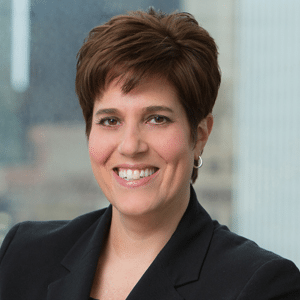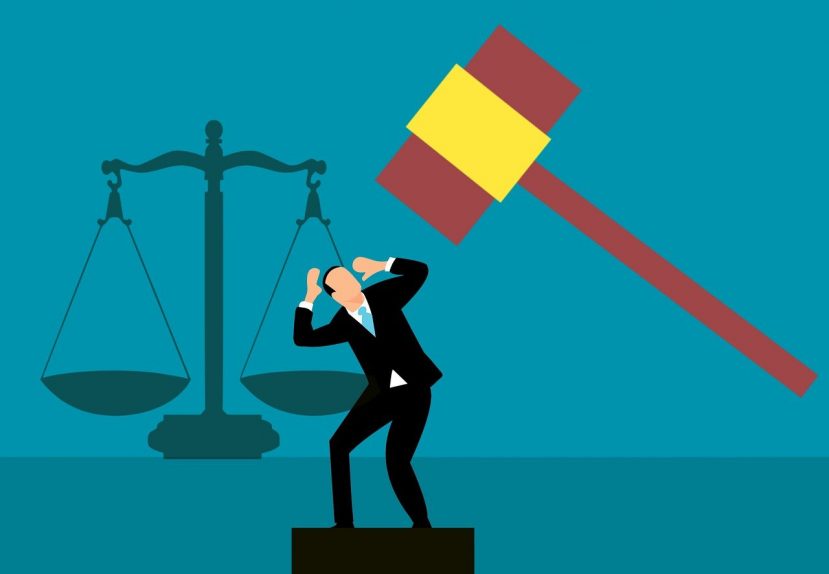A trademark opposition is a type of litigation proceeding at the Trademark Trial and Appeal Board (Board) where a third party can object to your application before it is granted a registration. Essentially, when someone files an opposition against your application, they are telling the USPTO that they would be harmed if your trademark could be registered.
What does it mean for a trademark to be published for opposition?
The trademark application process is long and has many steps. After a trademark application is filed, it is then examined by a trademark examiner to ensure it follows the trademark rules and ensure your application does not conflict with any earlier filed marks. Even if your application is initially accepted for publication, remember that Examiners are only concerned with the filing date and not with the first use date, so anyone with a prior use date (but later filed application date) can object during the publication phase.
If your application passes all of the requirements for registration, it is “published for opposition.” This is what I call the “speak now or forever hold your peace” part of the process. The publication period is a 30-day period of time where any third party with a legitimate interest in the mark (what we lawyers call standing) can object to your application on any one of a number of substantive grounds (the same ones an Examiner could raise) that your trademark, if granted a registration, could harm their rights. The party initiating the opposition, initiates a lawsuit complaint, setting forth their legal causes of action as to why you should not be entitled to have your trademark. This is a serious proceeding and one that should not be taken lightly. It is a full litigation proceeding that takes place before the Board, and any trademark applicant would be wise to have the benefit of experienced trademark counsel to navigate such an important proceeding. It is also important to note, that with all litigation, these proceedings can be very expensive. While 97% of these proceedings end in a settlement of some kind before final decision, understanding what you hope to gain from the opposition is important to discuss with your trademark counsel.
What should I do if my application has been opposed?
If your trademark application has been opposed or if you have received a cease and desist letter during your notice of publication period, do not panic, but know that this is a serious matter. If you are represented by trademark counsel, make sure you involve your trademark counsel immediately so that she can discuss a legal strategy with you. If you are not represented by counsel, now is a good time to consider hiring competent trademark counsel, especially to handle the trademark opposition. The Trademark Rules of Practice are very intricate, and you could severely compromise your legal rights if try to go it alone without an attorney in your corner.
How long do trademark oppositions last?
I mentioned above that the majority of trademark oppositions (more than 97%) are settled before a final decision, but depending on your particular case and what type of settlement is able to be reached and at what point in the process, the trademark opposition may not conclude for at least 3-6 months. For trademark oppositions that go to final decision, those take on average 3.5 years. Make sure your expectations are realistic and inline with what you want and your budget. For instance, if you “want to win” make sure that is (1) legally realistic under the circumstances and (2) you have the hefty budget to accompany that. Often trademark owners don’t have their expectations and pocket books aligned.
Am I required to hire an attorney?
It is certainly a best practice to be represented by trademark counsel any time you appear before the USPTO. Remember, even when you file an application, that is a legal proceeding and if you are not familiar with all of the rules and what you are doing, you could be affecting your legal rights. Especially, where any litigation is concerned, you should consider having trademark counsel represent you at the Board; however, there is no requirement to do so. However, if you are a foreign trademark applicant, then you are required to be represented by U.S. trademark counsel. Regardless of your status, keep in mind that the Board (the court in this type of proceeding) will not help you if you are not aware of the rules or how to proceed. If you fail to respond timely or otherwise make a mistake, it could mean you receive a default judgment.
What should I do if I receive a Notice of Default?
A Notice of Default means you failed to timely respond to some aspect of the litigation proceedings. The Board issued the Notice of Default to give you one last chance to respond and show a reason why a Default Judgment shouldn’t be entered against you. A default judgment is where you lose the case without anyone considering the substantive merits of the case. It means your trademark application has been abandoned and your registration will not issue. If you receive a Notice of Default, contact us immediately so that we can assist you and discuss the options available to you. Time is of the essence.
Is there anything I can do to avoid an opposition all together?
Working with a competent trademark attorney to properly search a trademark before you apply is your best defense against most refusals of registrations and oppositions. A full availability search (see our blog post here explaining the different type of searches) is your best defense against any potential obstacles to your mark and will help your trademark counsel to advise you on how to avoid any such obstacles. Although such a search has an added cost, it is money well spent to avoid costly litigation and years of delay in securing a valuable registration for your business.
Can I oppose someone else’s trademark application?
Of course! Anyone can file a trademark opposition during the applicable opposition period. If you believe that a published application will harm your trademark rights, I strongly encourage you to confer first with a trademark attorney to ensure that you are not initiating a litigation proceeding you cannot win or don’t have the financial resources to support. Remember, in all forms of litigation, the party bringing the litigation has the burden of proof to win the case. There are many strategic reasons to initiate a trademark opposition and your trademark attorney may recommend taking such an action as part of a larger strategy, depending on what’s going on with your trademark application and your desired goals.
Conclusion
If you need assistance with any trademark opposition proceeding or other matter before the Trademark Trial and Appeal Board, please contact us. We have handled more than 50 proceedings before the Board and successfully won a motion for summary judgment before the Board. Although each matter is different, in 2019, we successfully settled five such actions on behalf of our clients, both on behalf of clients initiating actions and defending actions, without having to go through the discovery process.

Stacey C. Kalamaras is the founding partner of Kalamaras Law Office, LLC. She has extensive intellectual property experience with a particular focus on trademark prosecution and enforcement. She has protected some the world’s largest brands in more than 150 countries and specializes in helping small and medium sized businesses grow and protect their brands. Contact her at info@klolegal.com.
Stacey is also the founder and lead instructor of Trademarkabilities®, an online trademark academy for lawyers, whose mission it is to prepare lawyers to be confident and effective practitioners before the USPTO. To learn more, please visit https://www.trademarkabilities.com/.

